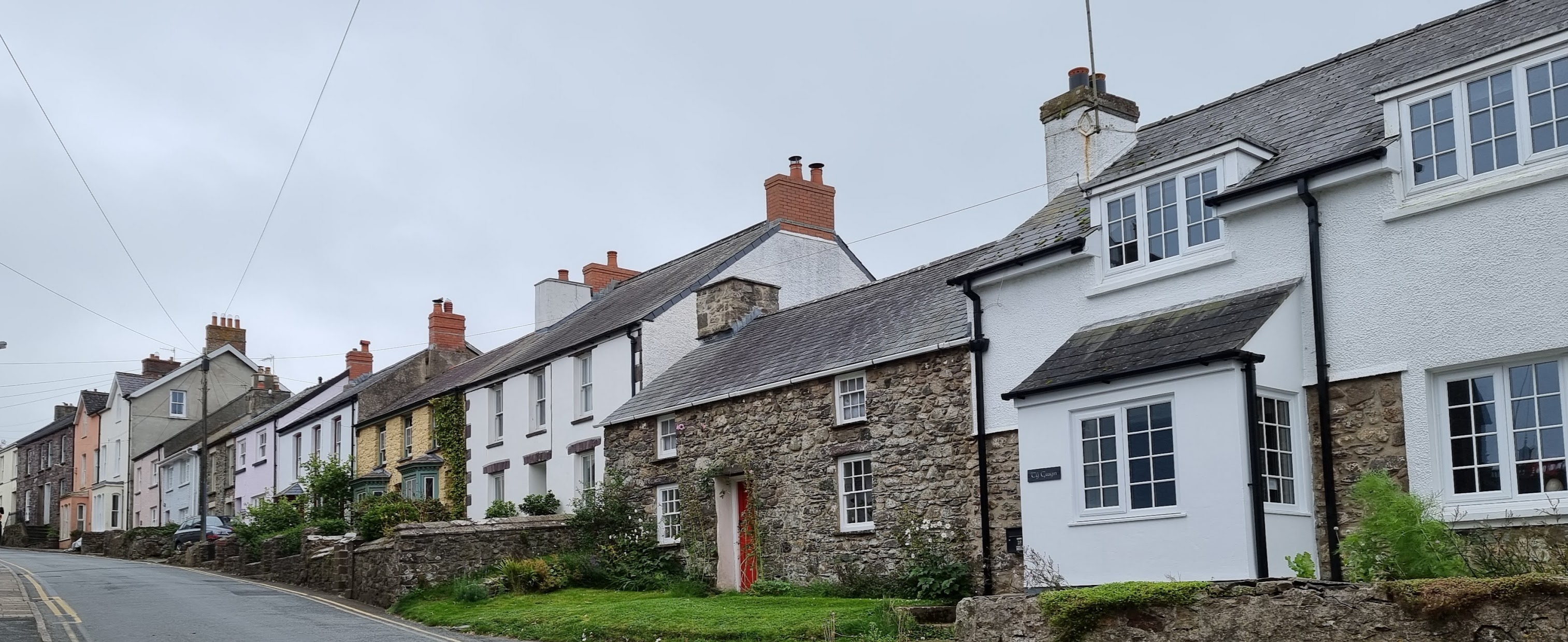The government has provided an update on the proposed registration scheme for short-term lets in England, and announced measures which will require planning permission for future short-term lets.
.
Registration scheme update
Between April and June 2023, the government Consulted on a registration scheme for short-term lets in England, and how such a scheme should be set up and administered.
- The 2023 consultation saw support for a mandatory registration scheme, with 61% of respondents in favour.
- Preference for an opt-in scheme for local authorities with a nationally set framework was shown by 28% with 11% supporting the inclusion of a review point to the opt-in scheme, to determine whether it should be made mandatory.
While the full response to the consultation is yet to be published, the government has released a statement which sets out the next steps in developing the registration scheme.
Following the consultation, the government has concluded that a mandatory, national approach will provide a level playing field in the guest accommodation sector across England, as this will:
- Give clarity to short-term let providers on the rules they should be following.
- Promote consistency across providers in applying such rules.
- Provide comprehensive, valuable data at a local level in all areas of England, which will aid local authorities in identifying short-term lets in their area to help address community and housing impacts.
It is intended that this registration scheme, which will primarily be delivered online, will be as light touch, low cost and simple to use as possible.
Work is now beginning to establish the scheme. After an initial digital development phase, the detailed design of the scheme will be reviewed, including matters such as who should administer it, the frequency of registration and what information should be collected.
Planning measures
To give local areas more control over the growth of short-term lets, separate planning measures will also be introduced.
Councils will be given greater power to control short-term lets by making them subject to the planning process, although homeowners will still be able to let out their own main or sole home for up to 90 nights throughout a year without planning permission.
The registration scheme and planning measures will not affect hotels, hostels or B&Bs.
Useful guides on this topic
A landlord? Start here...
This guide is essential reading for landlords: our guides take you step-by-step through planning your business for tax purposes and complying with your different tax obligations during the life of your rental business.
Airbnb: Tax Overview
What expenses can Airbnb owners claim for tax purposes? How is income taxed? Can you claim Rent-a-Room Relief? How does it affect Private Residence Relief? What are the VAT rules?
Furnished Holiday Letting
What is Furnished Holiday Letting? How do you qualify for Furnished Holiday Letting? What are the rules for Furnished Holiday Letting?
Buy-to-let ownership: personal v. company?
What is the most tax-efficient way to own buy-to-let property? Personally or via a company? What are the income and Corporation Tax, CGT, IHT, ATED, SDLT or VAT issues? With tips on profit extraction and other planning points, case studies and links to further guidance.
Property profits & losses: Toolkit (2023-24)
Our Property Profits & Losses toolkit takes HMRC's version and adds a great deal more information about what you can claim as an individual.
External links
Press release: Short-term lets rules to protect communities and keep homes available
Guidance: Delivering a registration scheme for short-term lets

